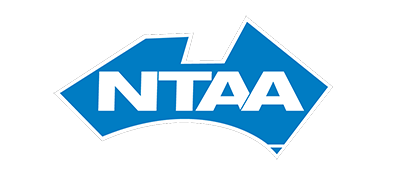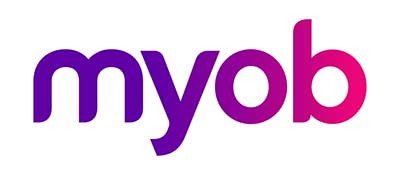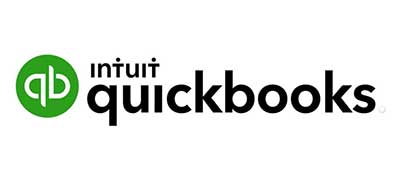A lot of people will entertain the idea of starting their own business at some point in their life. There’s a number of different reasons people often consider this prospect. Whether they’ve come up with a unique business idea, want the freedom and flexibility that running a business can create, believe they’ll make more money with a business or just want to be their own boss – being a business owner can change lives for the better (if done effectively!). At the start of the business journey, there are so many things to sort out and it’s easy to be overwhelmed. There are a number of people that can be called upon to help out in this process, one of which is an accountant. It begs the question then, do you need an accountant to start a business?
The short answer is no
There is no legal obligation to appoint an accountant when starting a business. Whether it’s business structuring, setting up an accounting system, budgeting or strategy formation, someone with the right skill set can do this on their own. Of course, a good accountant will likely be helpful with these things. So why wouldn’t you speak to a professional before making some of these decisions? The only real answer is cost-minimisation. And I get it, someone starting a business generally has little to no revenue lined up and a finite pool of cash. So, it makes sense that they will try and conserve their funds to keep the business afloat in the short term.
The 3 most common mistakes made by new business owners
I’ve seen and spoken to a lot of business owners over the years. I’ve spoken to people that are brilliant business owners – those who know exactly what to do in their business and are great at methodically implementing the things that need to be done. On the flip side, I’ve spoken to people that, to be frank, shouldn’t be in business. They might have a good idea, but they really haven’t thought through how to (or lack to ability to) turn that idea into a successful business. There are 3 areas early in the business journey that the brilliant business owners usually get right, and the hopeless business owners usually get wrong. Here are the 3 most common mistakes I often see early in the business journey:
- Getting the business structure wrong. The cheapest and easiest business structure to set up is a sole trader. But it’s not necessarily always the most appropriate. Different business structures have different implications when it comes to asset protection, tax, flexibility and succession. Rectifying a problematic business structure down the track can be complex, inconvenient and costly. For more information on business structures, see here.
- Making a mess of their accounting system. These days, most business owners (rightly) use some sort of accounting software when they start their business. But understandably, the vast majority of them aren’t trained accountants or bookkeepers, so they often make a number of mistakes when configuring their software and undertaking the bookkeeping. This usually results in them having completely inaccurate information from which to operate their businesses. Similarly, they often run into trouble meeting their obligations (e.g. Single Touch Payroll, Superstream, GST, etc.).
- Not actually doing the maths. It’s surprising how often a business owner will tell me something along the lines of, “the numbers aren’t really my thing, I just focus on doing the work”. Now don’t get me wrong, I don’t expect every business owner to have a comprehensive understanding of accounting and finance. However, for a business owner to be successful, they need to make sure that there’s a direct relationship with the work they do and sustainable business profit. If that’s not something they have the capacity to do, then they need someone (e.g. an accountant) to do this for them and explain it to them in terms they’ll understand.
Is flying solo worth the risk?
I understand the thinking behind the DIY mentality when it comes to starting a business. However, doing so comes with increased risk of getting it wrong. Some of the key risks involve the loss of all your personal assets (including your home), paying too much tax, getting stuck with a business structure that will become inappropriate as your circumstances change and paying more to both set up and maintain your business structure than you need to.
If you’re planning on investing the bulk of all you’ve ever worked to create, and you have to pay a fraction of that wealth to confirm that you’re making a good decision, wouldn’t it be worth it? Similarly, if you need to pay someone to review your plans and they stop you from making a huge mistake, wouldn’t it be worth it? I would suggest that the cost of a second opinion, an opinion that probably has more experience in business that you, will always be worth it.
Why using a good accountant is probably a good idea
It’s true that using an accountant when setting up a business isn’t a requirement. However, seeking advice from a someone who probably knows more than you about an inherently risky proposition is unlikely to be a waste. Doing so will likely to provide you with peace of mind, as well as prevent a number of headaches down the track.








